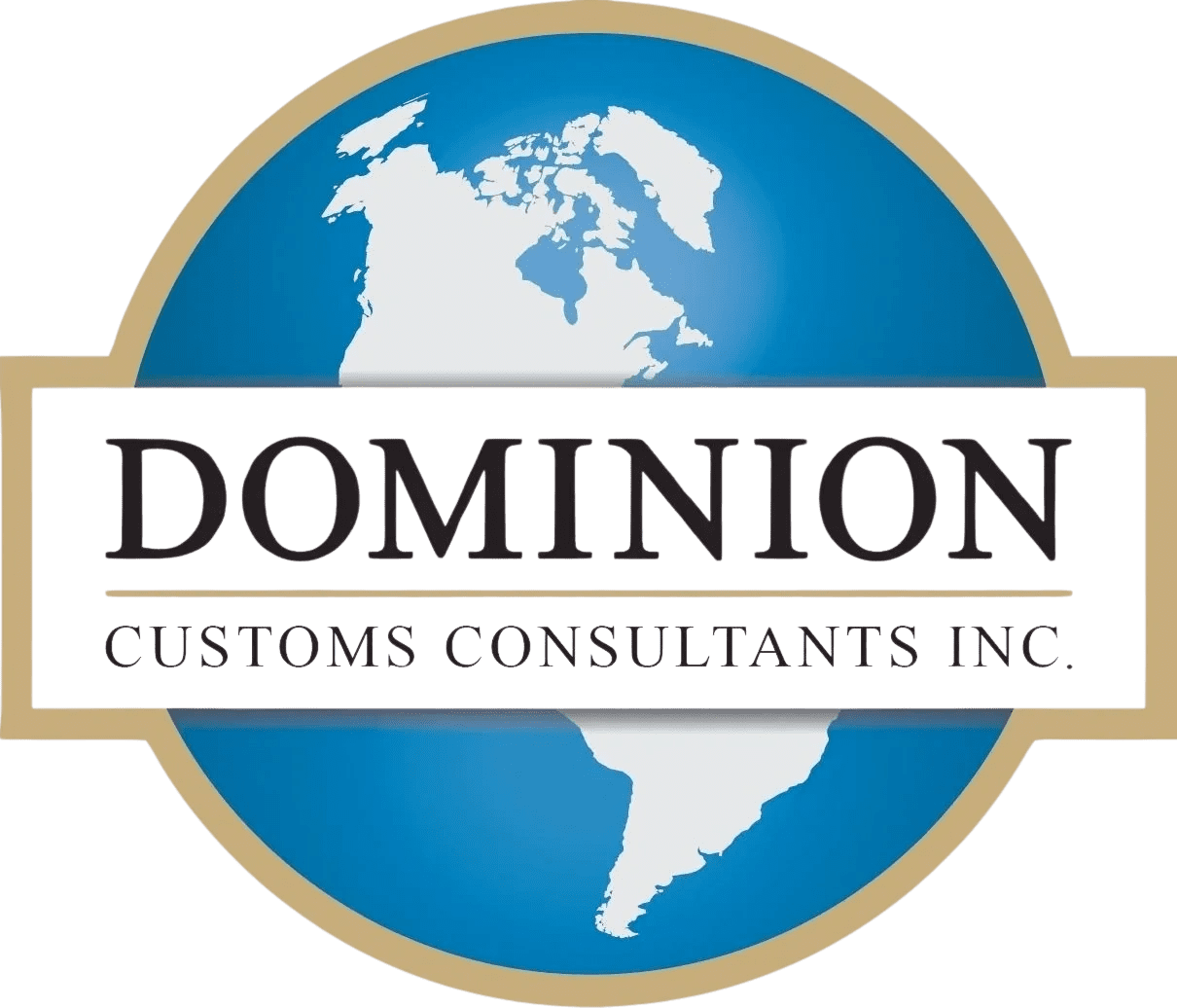The CARM System: Navigating New Processes for Importers
The Canada Border Services Agency (CBSA) has officially introduced the Customs Automated Risk Management (CARM) system, intended to transform how importers manage their customs transactions and compliance. This new system introduces significant changes, compelling importers to implement new processes for managing the reconciliation of their Statement of Accounts (SOA) with the duties and taxes reported by CBSA. Understanding the implications of CARM is crucial for ensuring compliance and optimizing import operations.
Overview of CARM
CARM is a modernized platform aimed at enhancing the efficiency and transparency of the customs process in Canada. It streamlines how importers interact with CBSA, facilitating electronic submissions, risk management, and overall compliance. One of the key features of CARM is its ability to provide importers with a detailed Statement of Accounts, which includes information on all duties, taxes, and fees owed.
The Need for Reconciliation
With the introduction of CARM, importers must pay closer attention to the reconciliation of their SOA. This is primarily because discrepancies between what importers believe they owe and what CBSA records can lead to financial penalties and compliance issues. Importers need to ensure that the duties and taxes reported by the CBSA align with their own records. This process involves verifying that all transactions are accurately recorded, payments are correctly applied, and any disputes or discrepancies are resolved promptly.

Implementing New Processes
- Enhanced Record Keeping: Importers will need to bolster their record-keeping practices. This means maintaining meticulous documentation of all import transactions, including invoices, shipping documents, and customs declarations. By having accurate and complete records, importers can facilitate smoother reconciliations and provide evidence if discrepancies arise.
- Regular Reconciliation Checks: Importers should implement routine reconciliation checks against their SOA. This involves comparing their internal records with the CBSA’s reported figures on a regular basis, ideally monthly. Such proactive measures can help identify discrepancies early, allowing for timely resolutions before issues escalate.
- Training and Compliance Culture: As CARM introduces new processes, importers will need to invest in training their staff and key internal stakeholders on these changes. Building a culture of compliance within the organization ensures that all employees understand the importance of accurate reporting and the implications of non-compliance. This might include training on the new CARM system, as well as general customs compliance practices.
- Leveraging Technology: Utilizing technology can significantly ease the burden of reconciliation. Importers can adopt software solutions that integrate with their accounting and inventory systems, enabling automated tracking of duties and taxes. These tools can help reduce human error and improve the accuracy of financial reporting.
- Consultation with Experts: Many importers may find the transition to CARM complex. Consulting with customs brokers or trade compliance experts can provide valuable insights and assistance in navigating the new requirements. These professionals can offer guidance on best practices and help tailor processes to fit specific business needs.
How Can Dominion Help?
As a member of the CARM Trade Committee and CES Testing Team, Dominion is well versed on the importance for importers to adopt new reconciliation processes.
The implementation of the CARM system marks a significant shift in how importers manage customs compliance in Canada. By recognizing the need for accurate reconciliation of their Statement of Accounts and duties reported by CBSA, importers can avoid costly penalties and ensure smoother operations.
Dominion provides services to help importers develop new processes that provide enhanced record-keeping, regular reconciliation checks, staff training and ongoing support needed to ensure your team has best practices in place.
Our goal is to help importers successfully adapt to the new landscape created by CARM, ultimately benefiting your bottom line and operational efficiency. Contact us to learn more about how our CARM services can help your team address these new challenges.
